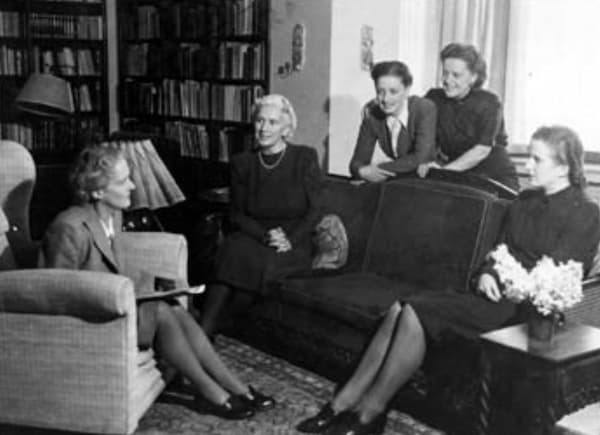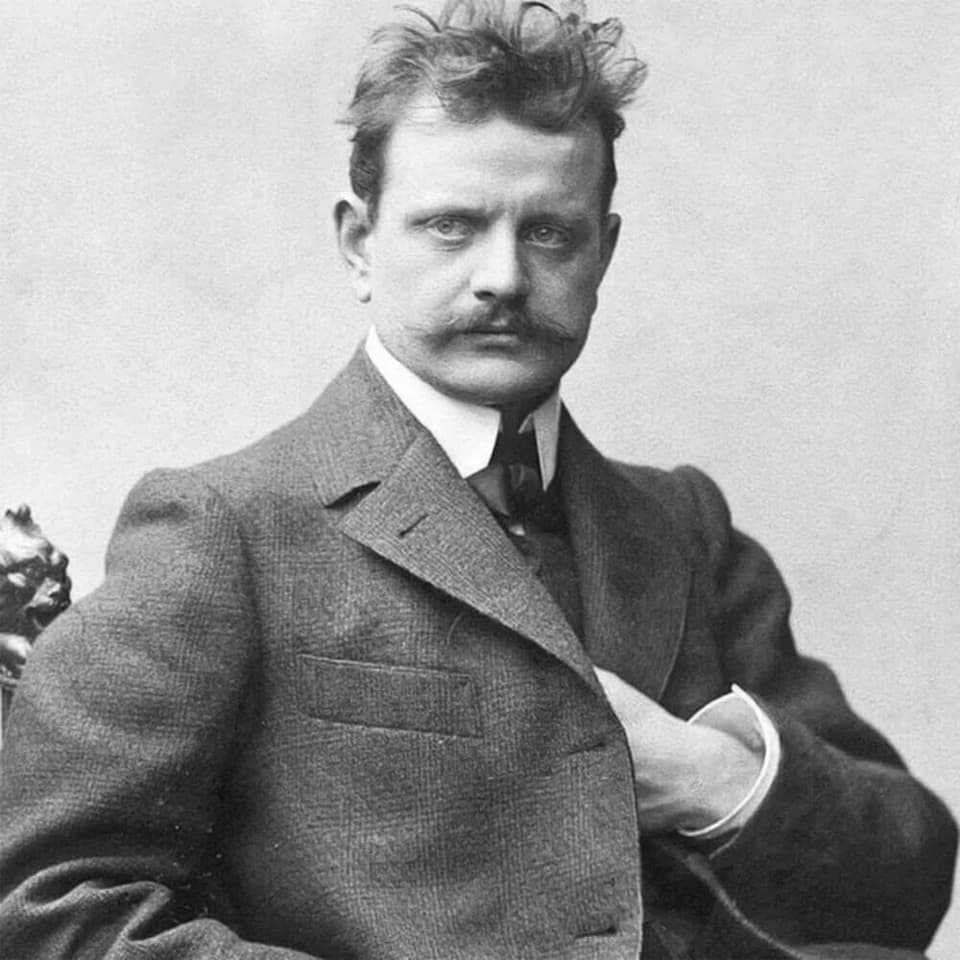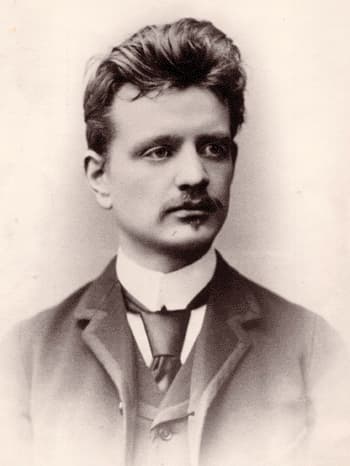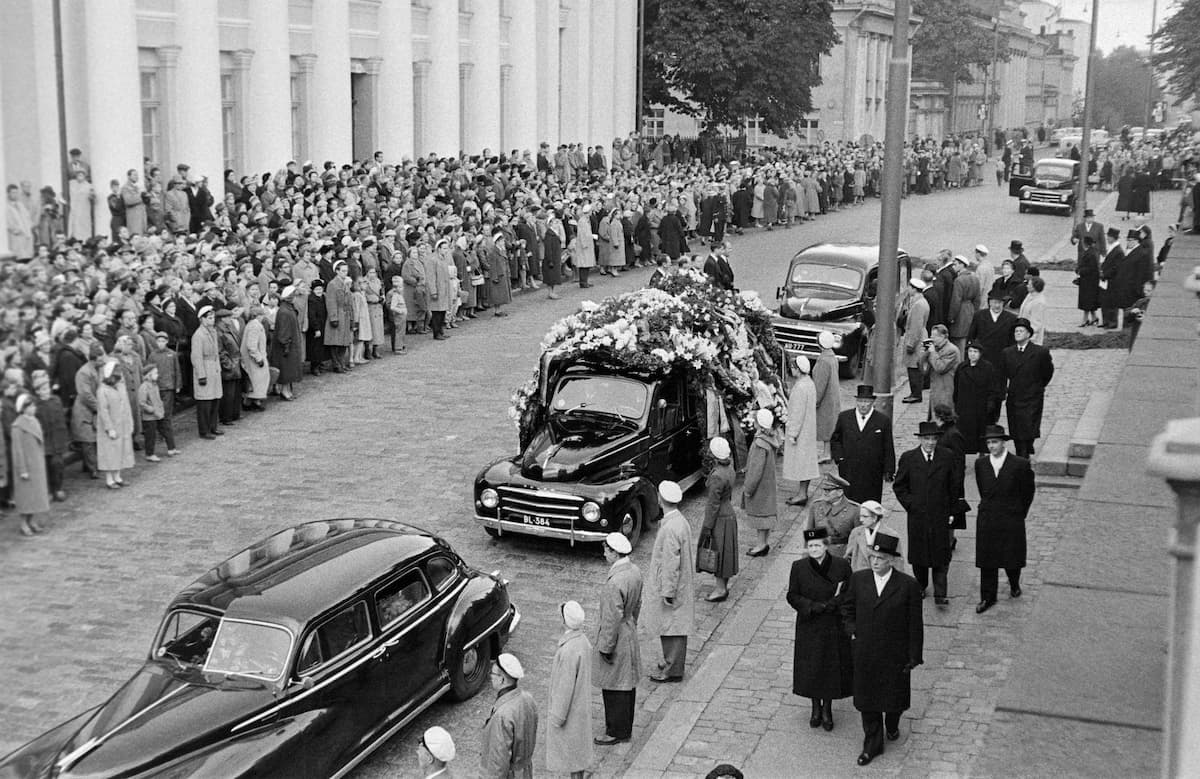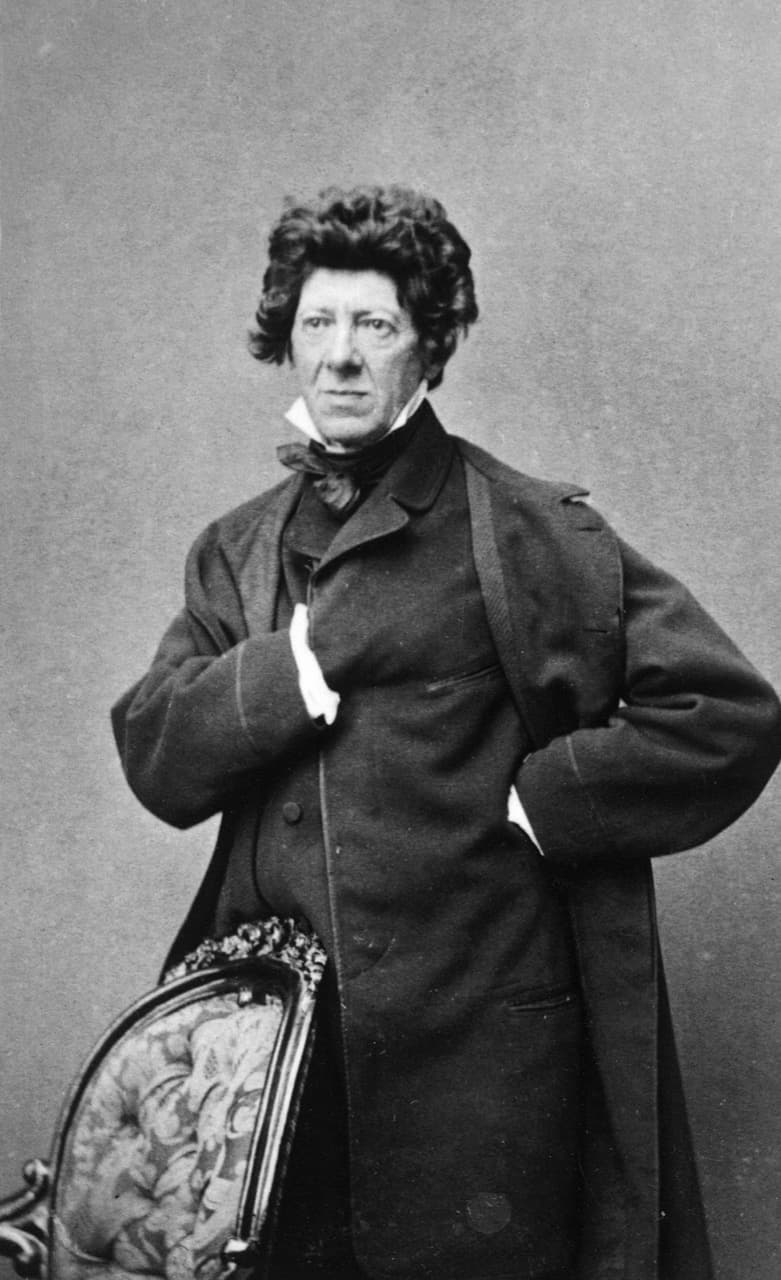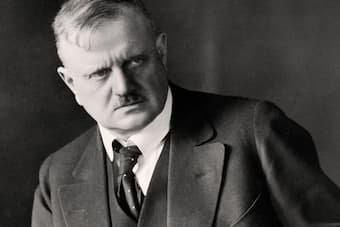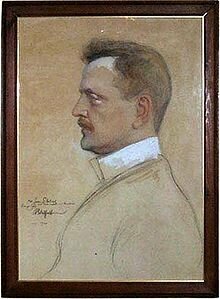Celebrated Finnish composer Jean Sibelius and his wife Aino were married for sixty-five years, from 1892 to 1957. It was one of the longest marriages in classical music history. Between 1903 and 1904, the couple famously built a rustic house
Sibelius
Composer Jean Sibelius was born in 1865 in the city of Hämeenlinna, Finland. He went on to become the greatest composer that Finland ever produced. Here are a few facts about his life and music: Sibelius was famous for how
Lying at home recovering from an illness, the young Jean Sibelius (1865-1957) took the opportunity to reassess his life. In early 1889, he’d played solo violin in Beethoven’s Romance in F with the Academic Orchestra. When he fell ill in
During the final decade of his life, Jean Sibelius achieved great popularity in English-speaking countries while central Europe and France remained essentially uninterested. Sibelius’ music polarized along ideological lines, and his supporters considered him the “last true successor to Beethoven
Finland declared its independence after the Russian Revolution in 1917. Finland had been ruled by Sweden since the late thirteenth century, but in 1908, Finland became part of the Russian Empire as the autonomous Grand Duchy. Prior to this, in
The so-called “February Manifesto,” issued on 15 February 1899 was a Russian imperial proclamation that revoked Finland’s autonomy within the Russian Empire. Finland was ceded by Sweden to Russia in 1809, and gained the status of a grand duchy. While
The small garrison town Hämeenlinna is located roughly 100 kilometers north of Helsinki. When Jean Sibelius was born in Hämeenlinna on 8 December 1865, the town was located in the Grand Duchy of Finland, at that time an autonomous part
The violin concerto by Jean Sibelius is, without doubt, one of the most frequently recorded and performed concertos. However, things did not look all that promising after the first public performance in Helsinki on 8 February 1904. Originally, Willy Burmester

